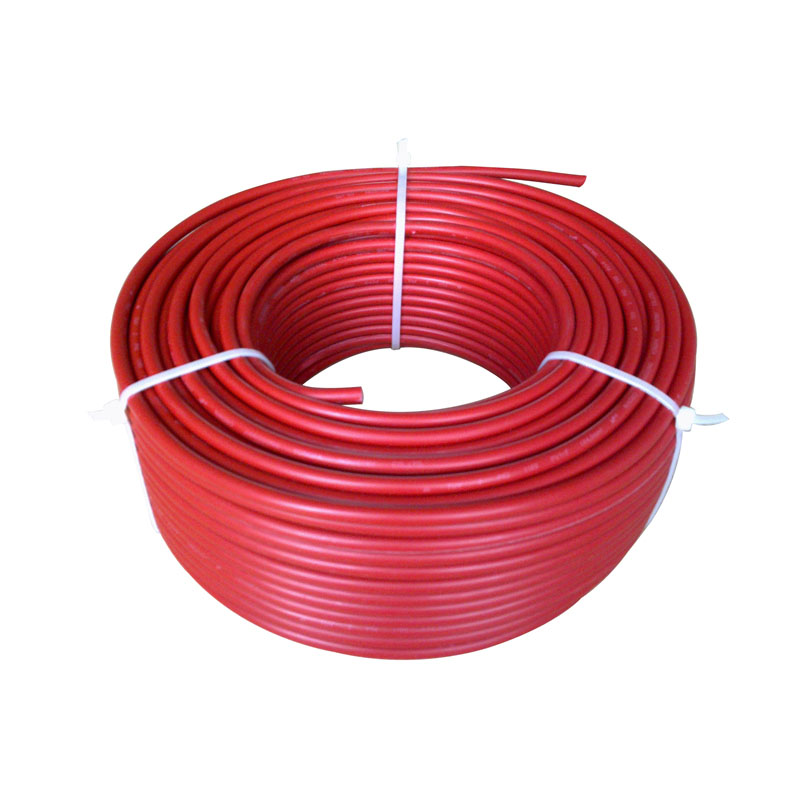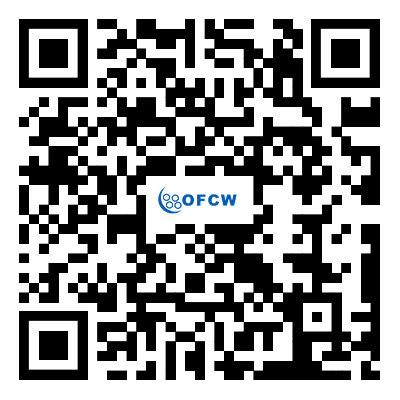Exploring the Pros and Cons of PVC Insulation in Electric Wires
2024-02-21
Introduction:
In the world of electrical wiring, selecting the right insulation material is crucial for ensuring safety, efficiency, and longevity. Polyvinyl chloride (PVC) insulation is one of the most commonly used materials due to its affordability, durability, and versatility. However, like any material, PVC insulation comes with its own set of advantages and disadvantages. In this blog, we'll delve into the pros and cons of using PVC insulation in electric wires.
Advantages of PVC Insulation:
1. Affordability: PVC insulation is cost-effective compared to other insulation materials such as rubber or silicone. Its widespread availability and relatively low production costs make it a budget-friendly option for various electrical applications.
2. Durability: PVC insulation is known for its durability and resistance to wear, tear, and abrasion. It can withstand harsh environmental conditions, including moisture, chemicals, and UV exposure, making it suitable for both indoor and outdoor use.
3. Electrical Insulation Properties: PVC has excellent electrical insulation properties, effectively preventing the leakage or loss of electrical current. This insulation capability is essential for maintaining the integrity and safety of electrical systems.
4. Flame Resistance: PVC insulation is inherently flame-resistant, meaning it does not readily catch fire or support combustion. This property is critical for reducing the risk of fire hazards in electrical installations
5. Flexibility: PVC-insulated wires and cables are highly flexible, allowing for easy handling, bending, and installation in confined spaces or complex configurations. This flexibility enhances the versatility and usability of PVC-insulated products.
Disadvantages of PVC Insulation:
1. Environmental Concerns: PVC is a synthetic plastic material derived from petroleum, and its production and disposal can have negative environmental impacts. Concerns have been raised about the release of toxic chemicals, such as dioxins, during PVC manufacturing and incineration.
2. Limited Temperature Range: While PVC insulation offers good resistance to moderate temperatures, it has a relatively low maximum temperature rating compared to other insulation materials. Prolonged exposure to high temperatures can cause PVC to degrade, leading to loss of insulation properties and potential safety hazards.
3. PVC Softening: PVC insulation can soften and become brittle when exposed to extreme heat or cold over time. This deterioration can compromise the integrity of the insulation layer, increasing the risk of electrical faults or failures.
4. Vulnerability to Chemicals: Although PVC is resistant to many chemicals, it may degrade when exposed to certain solvents, oils, or acids. Chemical exposure can weaken the insulation, potentially compromising the safety and reliability of the electrical system.
5. Recycling Challenges: Recycling PVC materials can be challenging due to the presence of additives and contaminants. Proper disposal and recycling practices are essential to minimize environmental impact and promote sustainability.
Conclusion:
In summary, PVC insulation offers numerous advantages, including affordability, durability, electrical insulation properties, flame resistance, and flexibility. However, it also has its share of disadvantages, such as environmental concerns, limited temperature range, susceptibility to softening, vulnerability to chemicals, and recycling challenges. When considering the use of PVC insulation in electric wires, it's essential to weigh these pros and cons carefully and make informed decisions based on specific application requirements, safety considerations, and environmental concerns.



